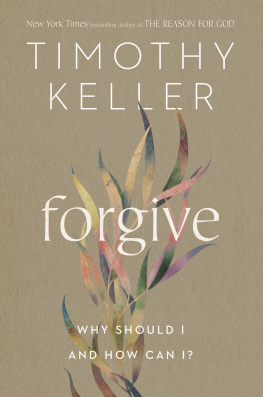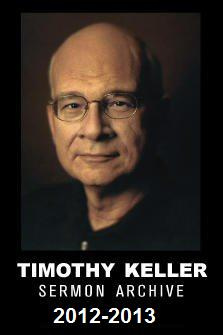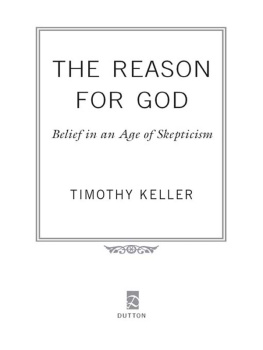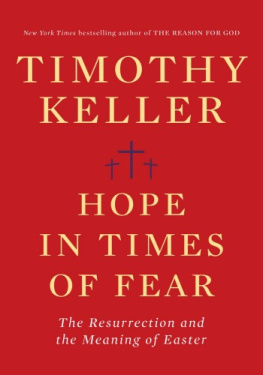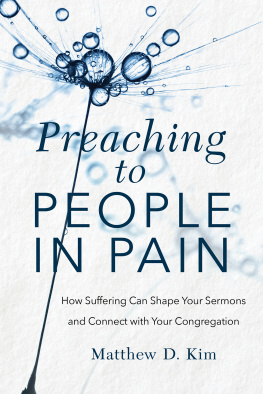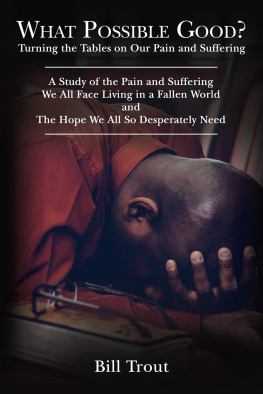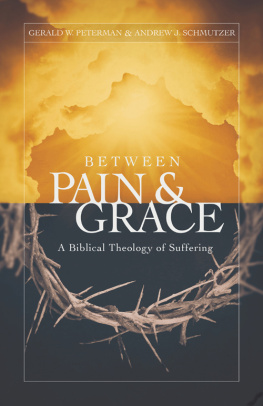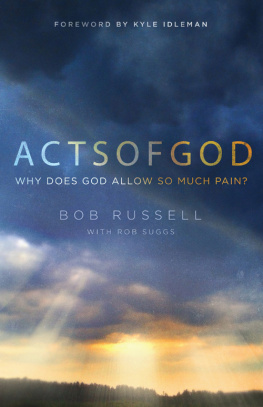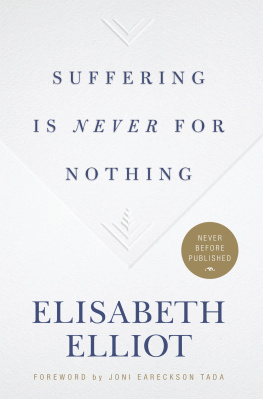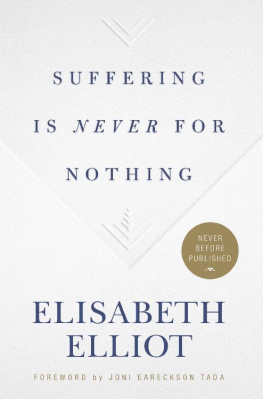ALSO BY THE AUTHOR
The Reason for God
The Prodigal God
Counterfeit Gods
Generous Justice
Jesus the King
The Meaning of Marriage
Center Church
Every Good Endeavor
Encounters with Jesus
Prayer
Preaching
The Songs of Jesus
Hidden Christmas
Gods Wisdom for Navigating Life
PENGUIN BOOKS
An imprint of Penguin Random House LLC
375 Hudson Street
New York, New York 10014
penguin.com
First published in the United States of America by Dutton, an imprint of Penguin Random House LLC, 2013
Published by Riverhead, an imprint of Penguin Random House LLC, 2015
Published in Penguin Books 2016
Copyright 2013 by Timothy Keller
Penguin supports copyright. Copyright fuels creativity, encourages diverse voices, promotes free speech, and creates a vibrant culture. Thank you for buying an authorized edition of this book and for complying with copyright laws by not reproducing, scanning, or distributing any part of it in any form without permission. You are supporting writers and allowing Penguin to continue to publish books for every reader.
All Life Stories used with permission. Some names and identifying details have been changed.
eBook ISBN 978-0-698-13827-8
The Library of Congress has cataloged the Dutton hardcover edition as follows:
Keller, Timothy J., 1950
Walking with God through pain and suffering / Timothy Keller. First [edition].
pages cm
Includes bibliographical references.
ISBN 978-0-525-95245-9 (hc.)
ISBN 978-1-59463-440-6 (pbk.)
1. SufferingReligious aspectsChristianity. I. Title.
BV4909.K43 2013
248.8'6dc23 2013026289
While the author has made every effort to provide accurate telephone numbers, Internet addresses, and other contact information at the time of publication, neither the publisher nor the author assumes any responsibility for errors or for changes that occur after publication. Further, the publisher does not have any control over and does not assume any responsibility for author or third-party websites or their content.
Version_4
To my sister Sharon Johnson,
one of the most patient and joyful people I know,
who has taught me much about bearing burdens,
facing grief, and trusting God.
Contents
Understanding the Furnace
Facing the Furnace
Walking with God in the Furnace
Introduction
The Rumble of Panic beneath Everything
I think that taking life seriously means something like this: that whatever man does on this planet has to be done in the lived truth of the terror of creation... of the rumble of panic underneath everything. Otherwise it is false.
Ernest Becker, The Denial of Death
I will bless the LORD at all times; his praise shall continually be in my mouth. My soul makes its boast in the LORD; let the afflicted hear and be glad. O magnify the LORD with me, and let us exalt his name together! (Psalm 34:13)
S uffering is everywhere, unavoidable, and its scope often overwhelms. If you spend one hour reading this book, more than five children throughout the world will have died from abuse and violence during that time. If you give the entire day to reading, more than one hundred children will have died violently. But this is, of course, only one of innumerable forms and modes of suffering. Thousands die from traffic accidents or cancer every hour, and hundreds of thousands learn that their loved ones are suddenly gone. That is comparable to the population of a small city being swept away every day, leaving families and friends devastated in the wake.
When enormous numbers of deaths happen in one massive eventsuch as the 1970 Bhola cyclone in Bangladesh, the 2004 Indian Ocean tsunami, or the 2010 Haiti earthquakeeach of which killed 300,000 or more at onceit makes headlines around the world and everyone reels from the devastation. But statistics are misleading. Such historic disasters do not really change the suffering rate. Tens of thousands of people die every day in unexpected tragedies, and hundreds of thousands around them are crushed by grief and shock. The majority of them trigger no headlines because pain and misery is the norm in this world.
Shakespeare understood this when he wrote:
Each new morn
New widows howl, new orphans cry,
New sorrows strike heaven on the face.
Evil and suffering are so pervasive that the statistics I just recounted hardly make us blink. Yet we must blink. Author Ernest Becker spoke about the danger of denying the misery of life and the randomness of suffering. When we hear of a tragedy, there is a deep-seated psychological defense mechanism that goes to work. We think to ourselves that such things happen to other people, to poor people, or to people who do not take precautions. Or we tell ourselves that if only we get the right people into office and get our social systems right, nothing like this will happen again.
But Becker believed such thinking fails to take life seriously or to admit the lived truth of the terror of creation... of the rumble of panic underneath everything. That panic comes from death. Death is irreducibly unpredictable and inexorable.
The same message comes through in an article written in The New York Times Magazine during the time of the Beltway Sniper, who was shooting people in the Washington, DC, area in what appeared to be a completely random way, without concern for race or age. Ann Patchett wrote:
We are always looking to make some sort of sense out of murder in order to keep it safely at bay: I do not fit the description; I do not live in that town; I would never have gone to that place, known that person. But what happens when there is no description, no place, nobody? Where do we go to find our peace of mind?...
The fact is, staving off our own death is one of our favorite national pastimes. Whether its exercise, checking our cholesterol or having a mammogram, we are always hedging against mortality. Find out what the profile is, and identify the ways in which you do not fit it. But a sniper taking a single clean shot, not into a crowd but through the sight, reminds us horribly of death itself. Despite our best intentions, it is still, for the most part, random.
And it is absolutely coming.
Patchett and Becker expose the common ways we seek to deny the rumble of panic. This book is an effort to do what they urgeto take life seriously. I want to help readers live life well and even joyfully against the background of these terrible realities. The loss of loved ones, debilitating and fatal illnesses, personal betrayals, financial reversals, and moral failuresall of these will eventually come upon you if you live out a normal life span. No one is immune.
Therefore, no matter what precautions we take, no matter how well we have put together a good life, no matter how hard we have worked to be healthy, wealthy, comfortable with friends and family, and successful with our careersomething will inevitably ruin it. No amount of money, power, and planning can prevent bereavement, dire illness, relationship betrayal, financial disaster, or a host of other troubles from entering your life. Human life is fatally fragile and subject to forces beyond our power to manage. Life is tragic.
We all know this intuitively, and those who face the challenge of suffering and pain learn all too well that it is impossible to do so using only our own resources. We all need support if we are not to succumb to despair. In this book we will argue that inevitably this support must be spiritual.


